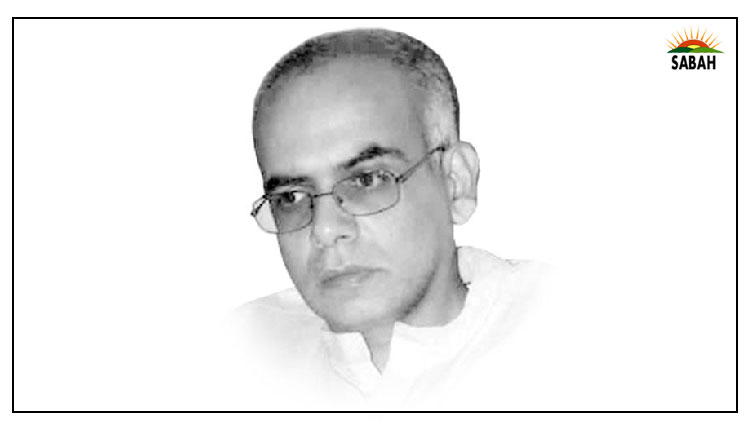Possibilities to address America’s democratic deficit … Mohammad Ali
The US is the most powerful state in the world due to its military might, and due to the number of billionaires in the country. However, a deeper look into American society indicates that the country is highly inequitable, with a long history of marginalising people based on race, ethnicity and class.
The notion of social mobility in the US is a myth which continues losing its appeal for the lower middle class and for poorer Americans who feel trapped by intergenerational stagnation. Gone are the days of ‘the new deal’ inspired by Keneysian styled economics where the government actively intervened to improve infrastructure and create decent employment opportunities for ordinary citizens. The steady rise of neoliberalism, especially after the Carter administration, has instead banked on the power of big business to deliver economic growth. Besides subsequent Republican administrations, even the Clinton and Obama eras did little to put in place progressive policies to redistribute wealth. The overtly populist Trump campaign then began to manipulate the growing frustration of blue-collar workers by pitting them against migrants, which enabled him to win the 2016 elections, even if it significantly worsened polarisation at home.
Moreover, dominance of the two-party system gives very limited choice to American voters in electing a new President. One suggestion put forth to bolster American democracy is to use open primaries within the presidential race, so that voters would not have to affiliate with a specific political party to engage in the nomination of Presidential candidates. The current system of using closed primaries allows the Republican and Democratic parties to control the candidate-selection process and ignore voters not aligned with their own parties. This is why despite the desire of many Americans to see a progressive like Bernie Sanders contest elections against President Trump in 2016, Sanders was not endorsed by the Democrats. Hence, those who supported Sanders had no choice left but to either abstain from voting, or to vote for Hillary Clinton, despite her hawkish foreign policies and close ties to big business.
America’s democratic process can be made more robust by using rank choice voting (RCV) where voters may rank candidates from favourite to least favourite, so that even if their favourite candidate does not win, their vote can still count towards electing their second preference. Many prominent countries use such a system already. Australia has been used RCV since over a century for both its state and federal elections. Canada also uses RVCs to determine who will emerge as the leaders within its various political parties.
It is now too late to consider changing the rules for the current Presidential race even though there are many American citizens who feel unmotivated to vote for either the Trump or Harris presidential bid. If the current election results are contested, however, that would create an opportune moment to push for finally reforming how voting takes place to elect the most powerful political leader in the world.
Courtesy













